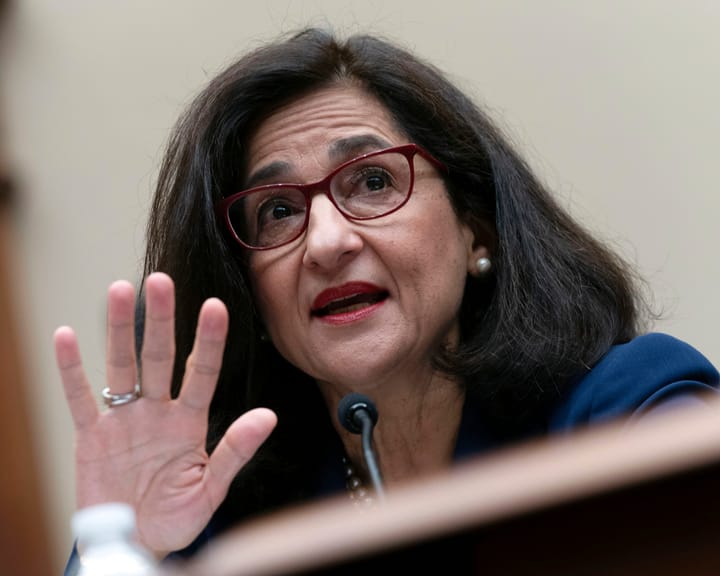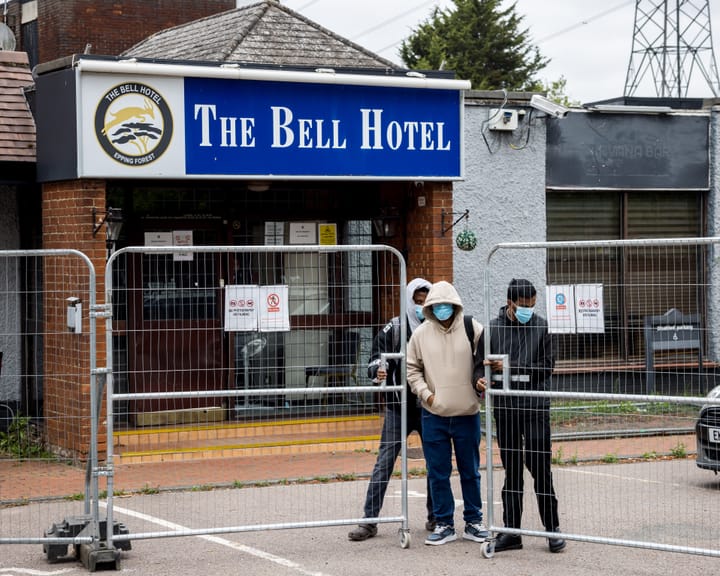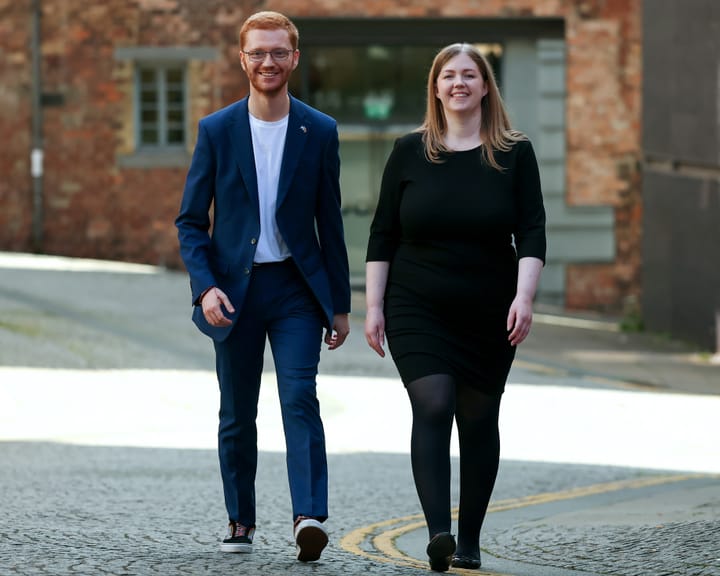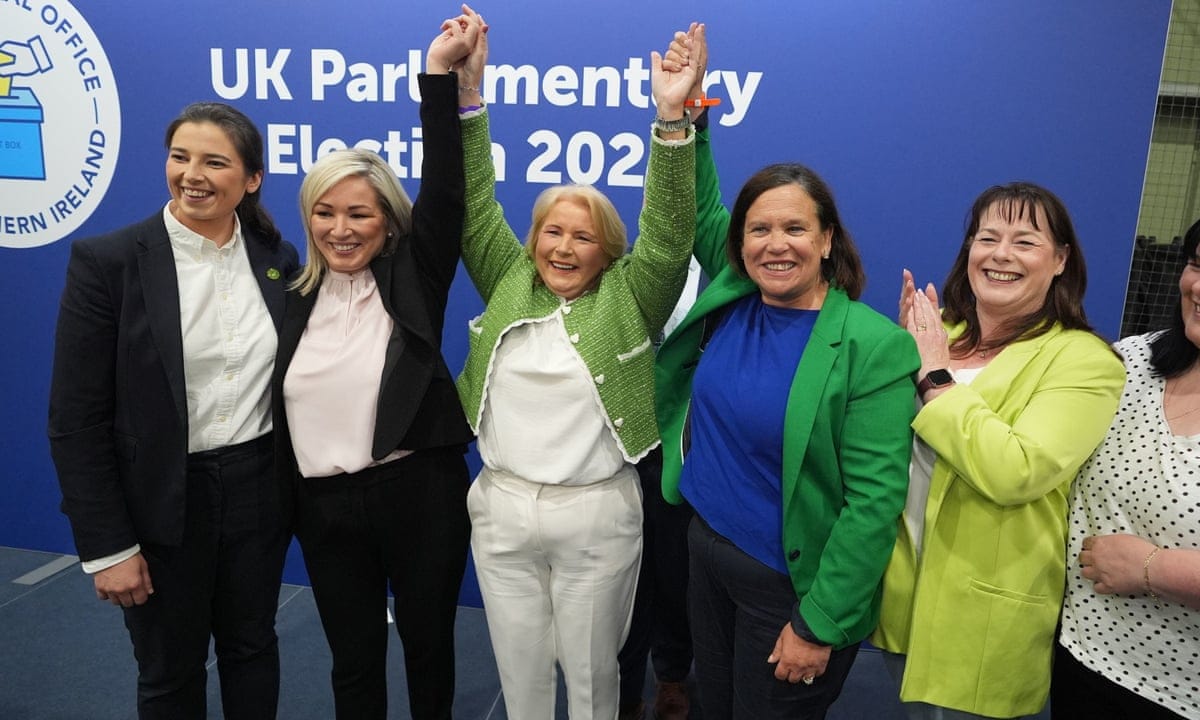Sinn Féin has become Northern Ireland's largest party in Westminster, gaining momentum after voters turned their backs on the Democratic Unionist party (DUP) and witnessed a significant shift in results that some have dubbed as 'the fall of Paisley House.'
The DUP experienced losses with three out of its eight seats changing hands during Thursday's election, including North Antrim—a stronghold held by Ian Paisley since 1970. The party had anticipated a challenging night but was taken aboe the extent of their defeat and nearly losing ground in East Derry.
Sinn Féin celebrated its achievement of maintaining seven seats, making it the leading party not just locally but across all levels of government - including local councils and Stormont assembly as well as Westminster (although Sinn Féin does not take up their parliamentary seats). The party narrowly missed unseating Gregory Campbell from East Derry.
Conor Murphy, the Stormont economy minister for Sinn Féin, signaled a desire for constructive dialogue regarding Northern Ireland's constitutional future and emphasized that ignoring changing public sentiment would harm everyone involved. "It is essential to engage in meaningful discussions about our shared destiny," said Murphy on the BBC.
The DUP's defeat did not signify an increase in nationalist sentiments but highlighted internal divisions within unionism, which will continue with a similar number of representatives as before.
Ian Paisley Jr. lost to Jim Allister from Traditional Unionist Voice (TUV), who blamed the DUP for causing issues related to Brexit trade checks on goods from Great Britain. The difference between the candidates was a mere 450 votes—a symbolic setback for a party founded by Ian Paisley Sr.
The DUP's Colum Eastwood retained his seat in South Antrim, while Sinn Féin's Martina Anderson held onto her Stormont assembly position. Alliance party member Naomi Long lost to the incumbent DUP candidate in East Belfast.
Despite some setbacks for the Alliance and SDLP parties, Ireland's taoiseach, Simon Harris, expressed optimism about a potential reset in UK-Irish relations under the leadership of Keir Starmer. "The partnership between an Irish taoiseach and a British prime minister is pivotal to our shared peace," said Harris, highlighting Dublin's hopes for improved collaboration with London.
Read next

"Starmer appoints ex-Bank deputy governor as top economic advisor"
Minouche Shafik to Become Keir Starmer’s Chief Economic Adviser
Former Bank of England deputy governor Minouche Shafik is expected to join Keir Starmer’s team as his chief economic adviser.
Her appointment comes as the prime minister’s office prepares for the autumn budget, following Shafik’s recent leadership

"Home Office wins appeal allowing asylum seekers to stay at Epping hotel"
The appeals court has determined that the injunction issued by the high court should not have been approved.
Those involved acknowledge they have become part of a broader discussion about how asylum seekers are managed and urge the public to recognize that the Bell hotel was only fulfilling a government-mandated

"Scottish Greens' new leaders push for universal income and free bus fares"
Scottish Greens' new leaders, Ross Greer and Gillian Mackay, have pledged to advocate for a universal income, free bus travel, and increased taxes on high earners following a subdued leadership race.
Greer and Mackay, previously backbench MSPs at Holyrood, were elected co-conveners of the Scottish Greens with a notably

